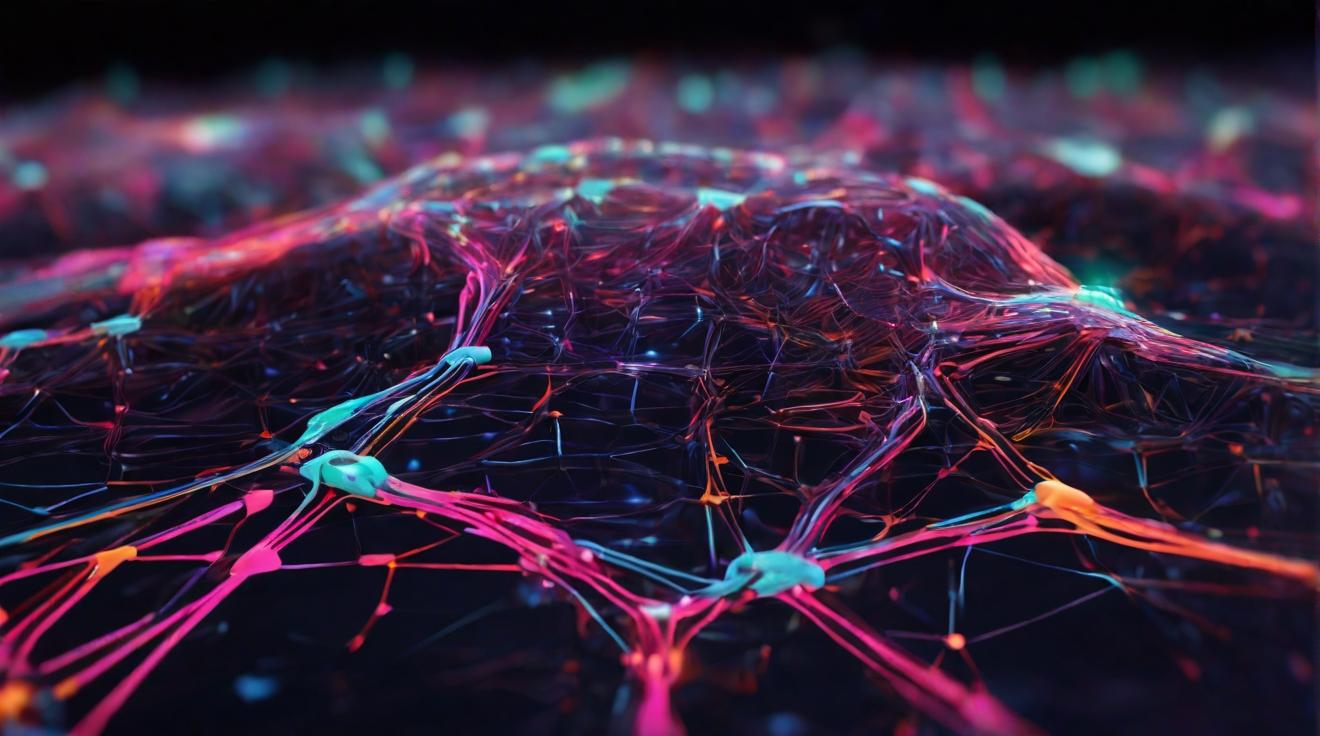Navigating the Ethical Terrain of Artificial Intelligence
In the rapidly evolving world of artificial intelligence (AI), ethical considerations have taken center stage. A recent study from the University of Washington highlights the need for a careful approach, revealing that AI image generators, such as Stable Diffusion, are prone to replicating and amplifying societal biases. These findings underscore the complexities involved in AI development and the importance of mitigating harmful prejudices.
The Challenge of Bias in AI
Artificial intelligence has woven itself into the fabric of our daily lives, transforming the way we interact with technology. However, this integration has not been without its issues. Research demonstrates that AI systems can perpetuate gender and racial stereotypes, leading to outcomes where light-skinned men are overrepresented, Indigenous people are underrepresented, and women of color are sexualized. Such biases present significant ethical challenges for developers and users alike.
Experts Weigh In
Sourojit Ghosh, a fourth-year Ph.D. candidate in human-centered design & engineering at the University of Washington, and Ramón Alvarado, an assistant professor of philosophy at the University of Oregon, are at the forefront of examining these ethical dilemmas. Their work focuses on understanding the underpinning issues and offering solutions to ensure AI technologies can be developed and used responsibly.
The Path Forward
Addressing the ethical challenges of AI requires a multidisciplinary approach. It's essential to incorporate diverse perspectives in the development process and implement robust checks to prevent biases from being coded into AI systems. Furthermore, transparency and accountability in AI development are crucial for garnering public trust and ensuring that these technologies contribute positively to society.
As AI continues to advance, the conversation around ethics and responsibility becomes increasingly pertinent. The insights from Ghosh and Alvarado highlight the necessity of ethical consideration in AI development, urging stakeholders to prioritize fairness and equity in this technological evolution.
Conclusion
The revelations of biases within AI image generators serve as a critical reminder of the ethical implications of artificial intelligence. As this technology progresses, it is imperative that developers, ethicists, and users collaborate to create AI that upholds the highest ethical standards. Only through concerted effort can the promise of AI be realized without compromising the values of fairness and equality.
Analyst comment
Positive news. Short: The market for ethical AI development will grow as companies prioritize fairness and equity, and collaborate with developers and ethicists to ensure the highest ethical standards are upheld.













